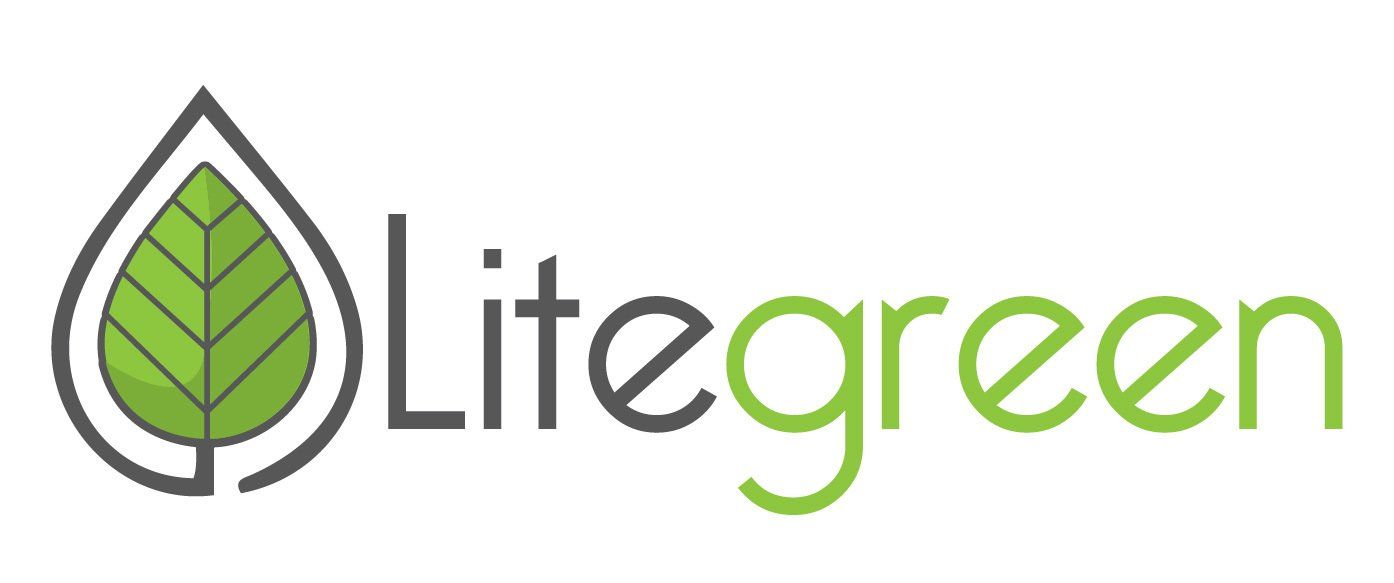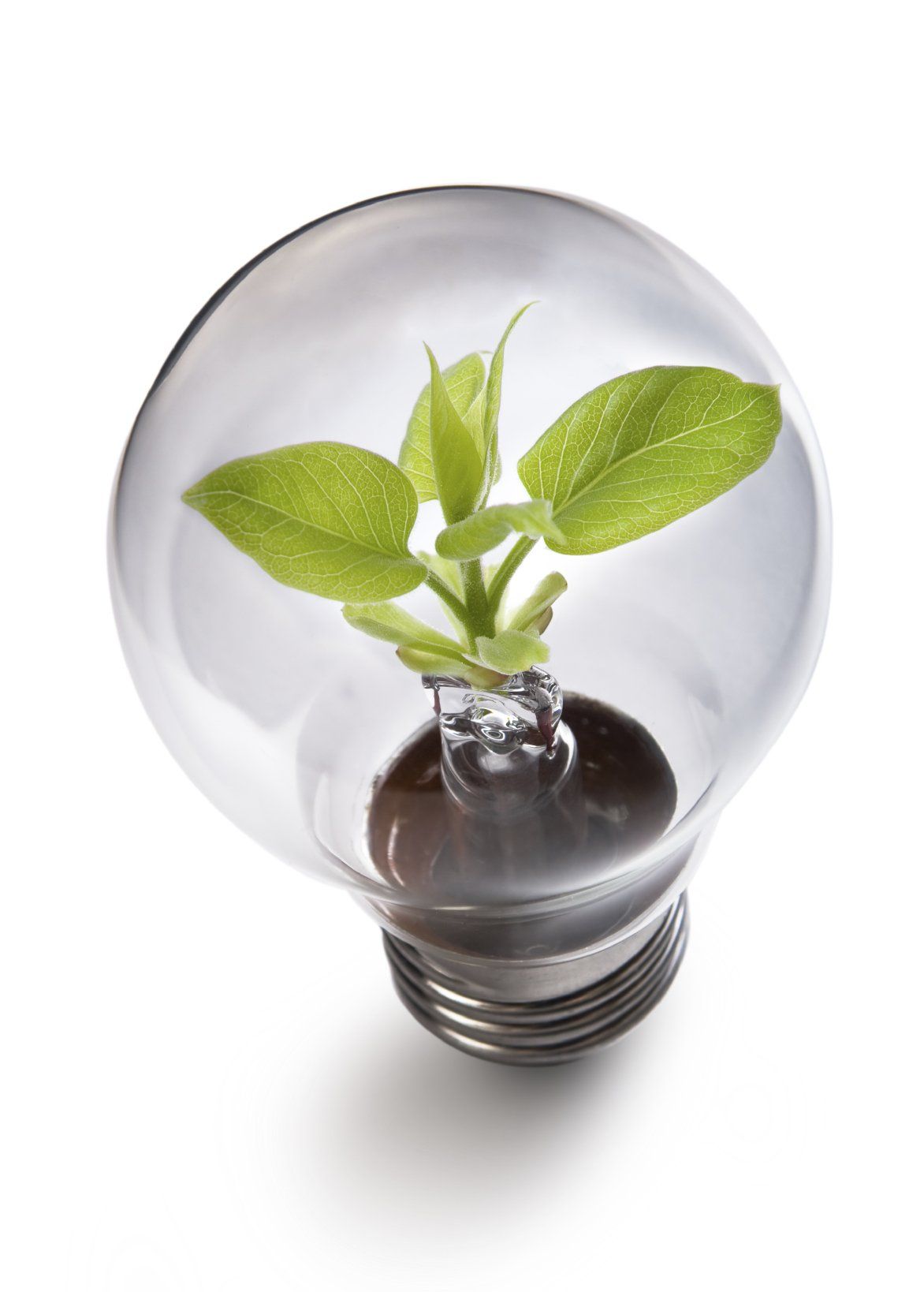Home Energy
| Fuel Prices (England Wales & Scotland *April 2022) | Gas | Oil | LPG | Wood Pellets |
|---|---|---|---|---|
| Average price (pence/kWh) | 7.4 | 11.8 | 15.5 | 9.9 |
| Standing charge (£/year) | 99.35 | - | 62.84 | - |
| Carbon dioxide equivalent factor (kgCO2e/kWh) | 0.214 | 0.298 | 0.240 | 0.053 |
| Fuel Prices (England Wales & Scotland *April 2022) | Coal/Solid Fuel | Electricity (off-peak economy 7) | Electricity (on-peak economy 7) | Electricity (standard rate) |
|---|---|---|---|---|
| Average price (pence/kWh) | 6.4 | 16.7 | 34.1 | 28.3 |
| Standing charge (£/year) | - | 165.80 | - | 165.48 |
| Carbon dioxide equivalent factor (kgCO2e/kWh) | 0.398 | 0.231 | 0.231 | 0.231 |
Insulation
Insulation is a crucial element in reducing heat loss and improving energy efficiency in your home. There are different types of insulation available for various applications, including internal and external wall insulation, as well as loft insulation.
Internal wall insulation involves fitting insulation material to the inside walls of your home, which helps to reduce heat loss and prevent cold spots. It's ideal for homes with solid walls, where external insulation isn't possible.
External wall insulation involves adding insulation to the outside of your home, which can help to improve the appearance of your property while also reducing heat loss. It's typically more expensive than internal wall insulation but can provide additional benefits such as weather protection.
Loft insulation involves adding a layer of insulation to the floor of your loft or attic space, which can help to prevent heat from escaping through the roof. It's a relatively inexpensive way to improve energy efficiency and can make a significant difference to your home's comfort levels.
Overall, investing in high-quality insulation can significantly reduce your heating costs and make your home feel more comfortable. With a range of insulation options available, it's essential to choose the right type for your home's specific needs.
Air source heat pumps.
Air source heat pumps, also known as air-to-water source heat pumps, are an efficient way to heat your home by extracting heat from the outside air and using it to heat your home's water supply, which can then be used to provide warmth to your home through radiators or underfloor heating. In addition, some models can also heat water that can be stored in a hot water cylinder, which can be used for hot taps, showers, and baths.
Pros:
- Potentially lower fuel bills: By using heat from the outside air, air source heat pumps can be more energy-efficient and cost-effective than traditional heating systems, which can lower your fuel bills and save you money in the long run.
- Environmentally friendly: Air source heat pumps are a greener alternative to traditional heating systems, as they use renewable energy sources and can help reduce your carbon emissions.
- Can provide both heating and hot water: Some models can heat water to high enough temperatures that can be used directly for hot taps, showers, and baths without the need for an additional water heater.
Cons:
- Initial cost: Air source heat pumps can be more expensive to install than traditional heating systems, so it may take several years to recoup the initial investment. There are several grant fund schemes that can fully fund this for you if you qualify. Speak to us for more information if you think you do qualify.
- Weather: As air source heat pumps rely on extracting heat from the outside air, they are less efficient during colder weather conditions. This doesn't mean that they don't work when it is cold, just that they naturally need to work a little harder.
Solar water heating.
Solar water heating systems utilise solar energy to heat water and store it in a hot water cylinder or thermal store. However, since the amount of available solar energy varies from place to place and at different times of the year, these systems may not be able to provide all of the required hot water at all times, especially in regions with less sun exposure. In such cases, a conventional boiler or immersion heater can be used as a backup to ensure a constant supply of hot water.
Electric heating.
In the energy efficiency world, electric heating refers to any system that uses electricity as its main energy source to heat a home. This broad category includes storage heaters, electric boilers, and underfloor heating. Electric heating is more commonly found in flats, rented properties, and homes without access to mains gas. As renewable sources of energy, such as wind and solar power, become more prevalent, electric heating is becoming a more low-carbon option, replacing traditional gas and coal power. However, it's important to note that while electricity is becoming greener, it remains expensive compared to other forms of heating, especially with the current energy crisis.
Boilers
If you're looking to save money on heating costs, having an efficient boiler can make a significant difference. Thankfully, most modern and well-maintained boilers run efficiently. A majority of these boilers are now "condensing," which means that they can recover heat from the exhaust gases, allowing them to heat your water more effectively.
In line with the UK Government's target to achieve net-zero carbon emissions by 2050, heating systems powered by fossil fuels are expected to be gradually phased out. To begin with, from 2025, gas and oil boilers will be banned in new homes, to be replaced with more environmentally friendly options, such as the air source heat pump mentioned earlier.
Thinking of grants to upgrade your homes energy efficiency?
Our local impartial experts can help.
We've helped homes and people across Wrexham & North Wales to navigate the world of grants to gain free energy efficiency measures such as:
- Boiler & central heating upgrades
- Loft insulation/upgrade
- Cavity & solid wall insulation
- Solar Panels
We are 100% impartial & have nothing to sell. If we think you could qualify, our Retofit home survey is also free.










